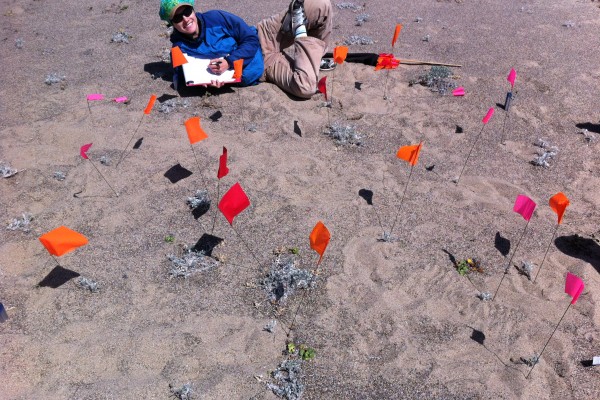Kleutghen selected as David W. Mesker Career Development Professor of Art History
Kristina Kleutghen, PhD, has been selected as the inaugural David W. Mesker Career Development Professor of art history at Washington University in St. Louis. A specialist in early modern and modern Chinese art, Kleutghen’s research investigates Sino-foreign interaction, the imperial court, optical devices and connections to visual culture, science and mathematics.
Wellman named dean of academic planning for Arts & Sciences
Christopher “Kit” Wellman, PhD, chair and professor of philosophy in Arts & Sciences at Washington University in St. Louis, has been named dean of academic planning for Arts & Sciences, announced Barbara A. Schaal, PhD, dean of the Faculty of Arts & Sciences.The appointment, which is part-time, is effective July 1.
As the river rises: Cahokia’s emergence and decline linked to Mississippi River flooding
Sediment cores from two lakes in the Mississippi floodplain show that Cahokia, the largest prehistoric settlement in the Americas north of Mexico, emerged during a period when there were few severe floods on the river and that its decline and abandonment coincided with the return of large floods.
Holtzman, Lützeler to receive 2015 faculty achievement awards
David M. Holtzman, a leading expert in researching the underlying mechanisms that lead to Alzheimer’s disease, and Paul Michael Lützeler, an authority on 18th, 19th and 20th century German literature, will receive Washington University in St. Louis’ 2015 faculty achievement awards, Chancellor Mark S. Wrighton announced.
Building a memory palace: World’s top memory athletes to compete May 2-3
Recalling long lists of random words, numbers and playing cards will be the challenge this weekend as two dozen of the world’s top memory athletes square off in San Diego for the 2015 Extreme Memory Tournament, an annual competition sponsored by Washington University in St. Louis and Dart NeuroScience.
The Sustainability Exchange: Interdisciplinary class tackles real-world problems
This spring, the schools of Engineering & Applied Science, Arts & Sciences and the Sam Fox School of Design & Visual Arts at Washington University in St. Louis launched “The Sustainability Exchange,” a unique course bringing students from across campus together to work on interdisciplinary teams to tackle real-world challenges in energy, environment and sustainability.
Rare dune plants thrive on disturbance
A demographic study of two endangered plants at Point Reyes National Seashore north of San Francisco shows that they favor recently disturbed open areas over areas that have established plant cover. The study strengthens the case for removing the beachgrass originally planted to stabilize the dunes and allowing the sand to move in response to storm surges and strong tides.
Gibson receives NSF court research grant
James L. Gibson, PhD, the Sidney W. Souers Professor of Government in the Department of Political Science in Arts & Sciences at Washington University in St. Louis, received a grant of more than $225,000 from the National Science Foundation for his project titled “Collaborative Research: Testing Models of Representation and Institutional Design in the State Courts’ Consideration of Inequality.”
Schefkind receives Stalker Award
Adam Schefkind has been selected to receive the 2015 Harrison D. Stalker Award from the Department of Biology in Arts & Sciences at Washington University in St. Louis.
Pierson wins Spector Prize
This year, the Spector Prize, given by the Department of Biology in Arts & Sciences at Washington University in St. Louis, has been awarded to Will Pierson. Pierson worked in the lab of Hani Zaher, PhD, assistant professor of biology.
View More Stories


